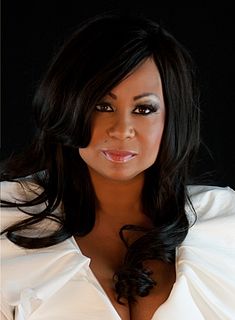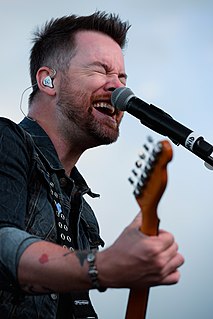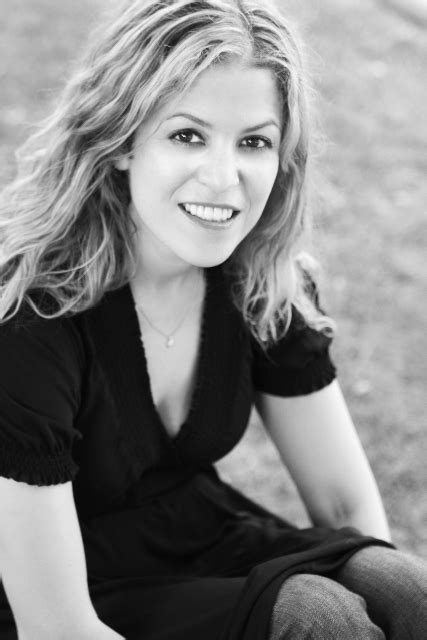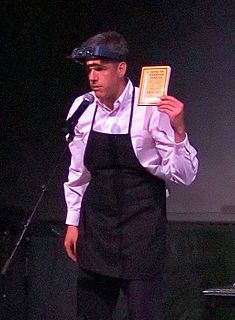A Quote by Sue Grafton
I made the rules I figured I could be the one to break them. I thought I would write about xenophobia, a hatred of foreigners. After I stated writing the story there was not a foreigner to be had. I did not want to just stick one in there so I could get a title out of it since it seemed like cheating. I never figured out how I could get out of this dilemma so I just called it X and weaved X traits into the story.
Related Quotes
I just started trying to figure out how to write [something] which was unlike anything anybody had ever seen, and once I felt like I had figured that out I tried to figure out what kind of book I could write that would be unlike anything anybody had ever seen. When I started writing A Million Little Pieces I felt like it was the right story with the style I had been looking for, and I just kept going.
I'm 17 years old. I'm not a straight-A student or anything. Even so, I figured out how to make an Internet that they can't wiretap. I figured out how to jam their person-tracking technology. I can turn innocent people into suspects and turn guilty people into innocents in their eyes. I could get metal onto an airplane or beat a no-fly list. I figured this stuff out by looking at the web and by thinking about it. If I can do it, terrorists can do it. They told us they took away our freedom to make us safe. Do you feel safe?
I always believe that every song tells a story, so the last thing I want to do is edit out like the meat of the story. I would pick songs based off a), whether I felt like I could do anything with them, and b) whether I felt like I could keep the story intact. And then you sit in with one of the piano players and one of the vocal coaches and kind of work out your arrangements that way.
My agent called and said, 'How do you feel about a pirate movie? I mean, how often are you going to get that call? It's sort of the singularly most failed genre of our time, but I thought it had to be attempted one more time. I think there's something rebellious about pirates, something revolutionary about them. They came out of a time when things were oppressive; you could get hung for stealing a loaf of bread. For me, the Pirates films are about when it's right to break the rules to achieve what you want.
Doing 'All Good Things' really felt like I was acting for myself rather than anyone else. It gave me a freedom I'd never had before, or knew I had, to do whatever I want to, and to argue my opinions and not just feel like the cute girl on set or the girl in a boy's club. I figured out how I could be both. And it's been different ever since.
I was fuzzy on the details, but I knew the basic outline. I knew how I wanted to be, it was simply a question of being who I wanted to be.I thought I had had it all figured out before. I'd had the plan perfectly clear in my head. I wasn't going to cross into thirty without the triple crown in hand: serious boyfriend, career, and great friends..It was time to accept that maybe, just maybe, I didn't have to have it all figured out by the time I turned thirty. Maybe I could just work on me, and see what else fell into place.I was pretty sure that was otherwise known as living.
I do less of that stuff now because I figured out that when I was writing things I didn't care about, it made me angry and depressed, so I turned my focus to what does make me happy, and also I recognized that one of the things that gives me great happiness is teaching creative writing, and so I could write profiles of professional golfers or I could be a professor. Being a professor made me much happier.
It's hard to think back. I didn't even know I was going to do it, make actual records. But I was always making up songs, once I figured out that you could do it. I think it's pretty much the same, but there's less urge to get it moving out there. There was a time when it seemed like it was really super important to the audience and now it's just medium-important for people to like us. But that's okay.
I had a lot of great lakes of ignorance that I was up against, I would write what I knew in almost like islands that were rising up out of the oceans. Then I would take time off and read, sometimes for months, then I would write more of what I knew, and saw what I could see, as much as the story as I could see. And then at a certain point I had to write out what I thought was the plot because it was so hard to keep it all together in my head. And then I started to write in a more linear way.







































